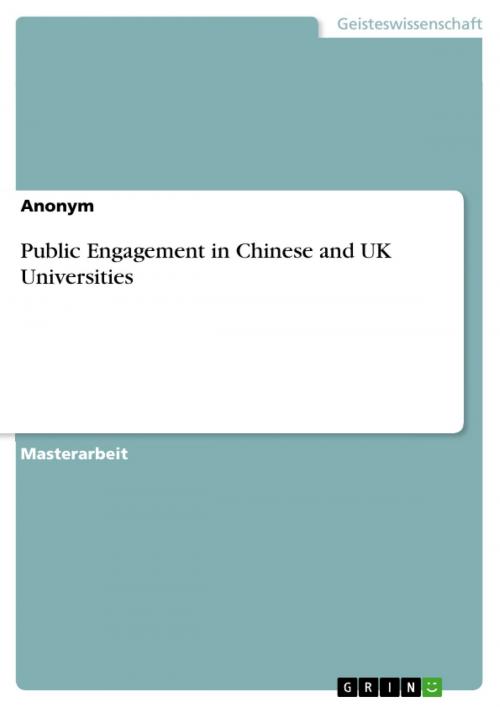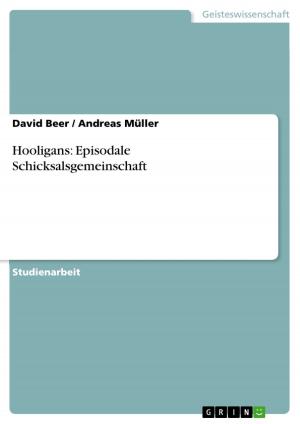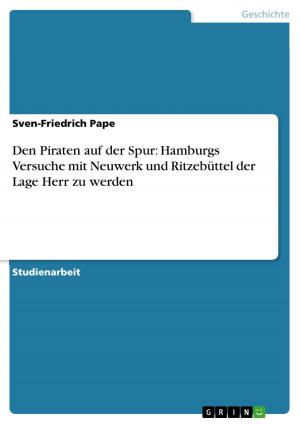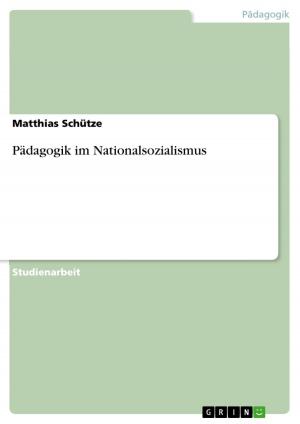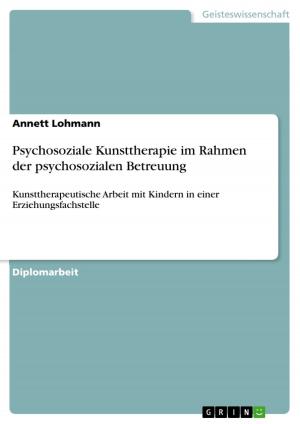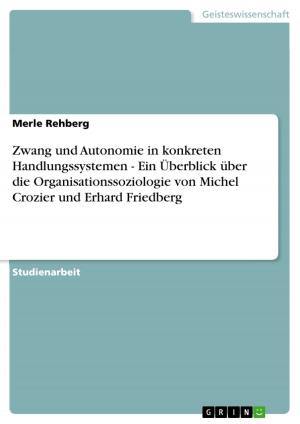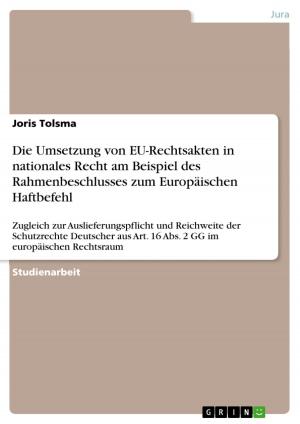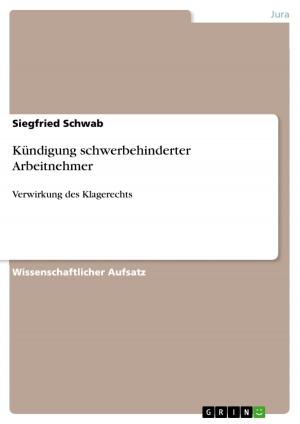Public Engagement in Chinese and UK Universities
Nonfiction, Social & Cultural Studies, Social Science, Anthropology| Author: | GRIN Verlag | ISBN: | 9783668585911 |
| Publisher: | GRIN Verlag | Publication: | December 1, 2017 |
| Imprint: | GRIN Verlag | Language: | German |
| Author: | GRIN Verlag |
| ISBN: | 9783668585911 |
| Publisher: | GRIN Verlag |
| Publication: | December 1, 2017 |
| Imprint: | GRIN Verlag |
| Language: | German |
Masterarbeit aus dem Jahr 2017 im Fachbereich Soziologie - Wissen und Information, , Sprache: Deutsch, Abstract: The paper seeks to analyze the changing role of the universities in the society through the public engagements. It does this by evaluating the manner in which the government provides sufficient funding and how the community anticipates a more open culture of the universities towards the public and the responsiveness to societal needs. It also helps engage in broader platforms with the public than before. Sharing of research allows people to gain benefits in learning and developing their lives. Moreover, the university's staff can be in a position to improve the profiles of the universities, assist in the identification of new funding streams as well as strengthen the research funding for the universities. And finally, the research gives an insight into how public and community engagement by universities helps to open up new avenues for research. Public engagement describes the manner in which university staff and students tend to interact with the public. It is a vital aspect of the university students and a highly beneficial program to the government. It is required that the concept of community and public engagement by universities be incorporated into the visions and strategies of the institutions. The aspect of public engagement explores new and improved platforms of communicating with the public through collaborative working, appreciation of the local knowledge, listening and identifying the different perspectives in the society. Universities in China engage in community and public interactions through cultural celebrations, public discussions, citizen experiments, life learning courses and community social and learning groups. They are among the best available platforms for creating two-way conversations between the society and the universities.
Masterarbeit aus dem Jahr 2017 im Fachbereich Soziologie - Wissen und Information, , Sprache: Deutsch, Abstract: The paper seeks to analyze the changing role of the universities in the society through the public engagements. It does this by evaluating the manner in which the government provides sufficient funding and how the community anticipates a more open culture of the universities towards the public and the responsiveness to societal needs. It also helps engage in broader platforms with the public than before. Sharing of research allows people to gain benefits in learning and developing their lives. Moreover, the university's staff can be in a position to improve the profiles of the universities, assist in the identification of new funding streams as well as strengthen the research funding for the universities. And finally, the research gives an insight into how public and community engagement by universities helps to open up new avenues for research. Public engagement describes the manner in which university staff and students tend to interact with the public. It is a vital aspect of the university students and a highly beneficial program to the government. It is required that the concept of community and public engagement by universities be incorporated into the visions and strategies of the institutions. The aspect of public engagement explores new and improved platforms of communicating with the public through collaborative working, appreciation of the local knowledge, listening and identifying the different perspectives in the society. Universities in China engage in community and public interactions through cultural celebrations, public discussions, citizen experiments, life learning courses and community social and learning groups. They are among the best available platforms for creating two-way conversations between the society and the universities.
